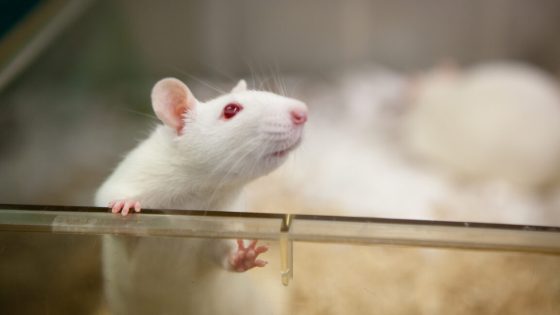Recent research highlights the fascinating world of emotional responses in rats, revealing insights that could impact our understanding of human health. This study, conducted by Johansen and Gu, shows how complex emotional models in animals can inform our grasp of psychological conditions.
- Rats learned to associate images with pain.
- Fear response tested using sound stimuli.
- Calcium imaging revealed neuron activity patterns.
- Dorsomedial prefrontal cortex crucial for emotions.
- Neuronal overlap observed in paired group.
- Emotional relevance drives dmPFC activity.
On May 22, 2025, the researchers demonstrated that rats could learn to associate images and sounds with pain, showcasing their capacity for complex emotions. This discovery raises questions about the emotional lives of other animals and their implications for mental health.
This study prompts an important question: how do emotional responses shape our behaviors? Understanding these mechanisms could lead to better treatments for anxiety and depression. Consider the following health recommendations:
- Stay informed about animal studies that may influence mental health treatments.
- Engage in activities that promote emotional well-being, like mindfulness.
- Consult with a mental health professional if you experience persistent emotional distress.
As we continue to explore the emotional capacities of animals, it’s crucial to consider how these findings might translate into improved mental health strategies for humans. Staying engaged with ongoing research can empower US to enhance our emotional well-being.
































